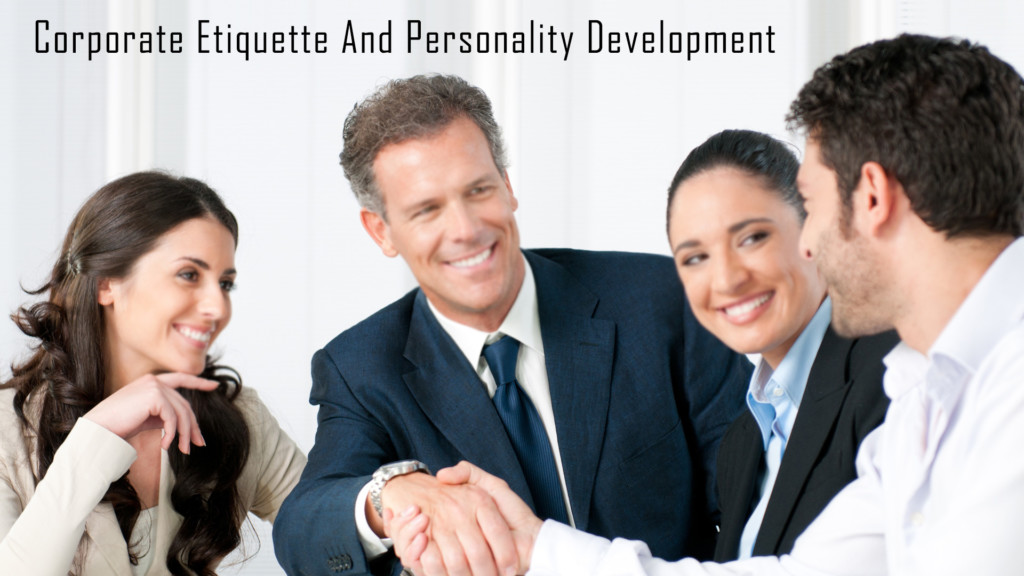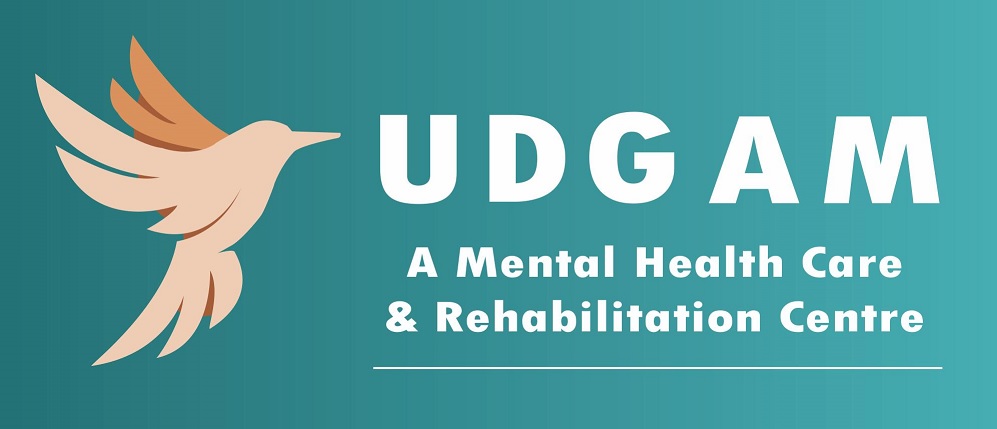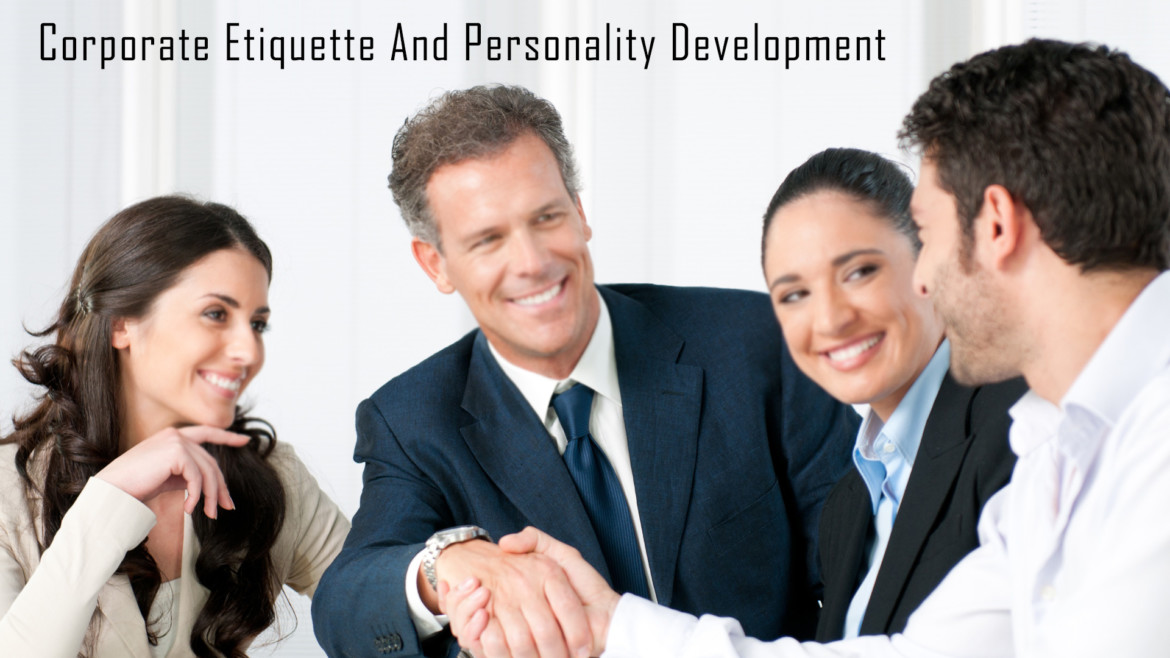
Body image refers to how you see your own body structure like physique, appearance/body language, health, attractiveness/beauty, weight, skin, hair and other things related to yourself. Body image is also a reflection of your mental picture like your thoughts, feelings, emotions, attitude, food habits etc. Body image of a person can be influenced by a number of factors such as social things, environmental norms, culture; interactions with friends & family members or by his/her self-determined criteria.
WHAT DO PEOPLE THINK ABOUT “BODY IMAGE”?
‘Body image’ can be used to describe physical appearance, mental representation or perception of a person about his/her body structure, behavior, beauty, body language, thoughts, feelings & emotions. A person’s body image strongly influences his/her behavior, confidence, self-esteem and mood. A person’s feelings can be positive, negative or both. A negative body image can add to Body Dysmorphic Disorder (BDD), eating disorders, and some other disorders. The negative feelings can range from mild to severe body-hatred, and reflect a poor body image. Sometimes, having a negative body image can escort a person to the mental illnesses, such as depression. Females are more concerned about their “Body Image” as compared to males especially in urban areas.
Our new generation thinks that when we talk about “Body Image”, it means – your physical look. And that is the prominent reason behind many companies started selling products to build your physical look. We generally see advertisements of cosmetics, sports materials, diets and some other products with videos/images of hourglass figure, broad shoulders of females, ectomorphic look of males etc. for being thin rather than be healthier. These advertisements have a great impact on our young generation and he/she started running behind it to get a perfect figure. People having such type of body, beauty, and looks are considered as perfect and become role models of our modern society. The multimedia advertisements have given a big push to such kind of attitudes, perceptions and thoughts. People with good looks & good physique do share their photos/videos on their social media profiles and expect other to follow them and comment on their posts.
WHICH FACTORS LEAD TO BODY IMAGE CONSCIOUSNESS?
- Stressful life
- Unemployment
- Competitive failures
- Being bullied & ashamed
- Lack of confidence
- Relationship problems like breakups, separation, and divorce
- Physical, emotional, sexual, or other types of abuse
- Consciousness of family and peers sayings about bodies and appearance
- Long-term health conditions
- Cultural differences
- Sexual issues
- Pressure to look a certain way
HOW “BODY IMAGE” AFFECTS PERSONAL, SOCIAL, AND PROFESSIONAL LIFE?
Apart from physical symptoms, psychological and emotional symptoms are very common when you have a poor body image. This distorted mental image about body or organs lead to eating disorders (Anorexia nervosa, Bulimia Nervosa), mood disorders, anxiety, depression, body dysmorphic disorder (BDD), delusional disorder & obsessive compulsive disorder. People having poor body image hesitate to attend social functions and remain isolated. Poor body image has a great impact on your academics or career, relationship requirements, and overall quality of your life. Some of them perceive a flaw in their organ’s size, shape, and other body parts like nose, ear, breasts, legs, and tummy. However this perceived flaw is not noticeable to others. Excessive concerns about fat, frequently measuring weight, repeatedly seeing mirrors, refuse to eat the diet, lying about meal in-take, over-exercising, obsession with food are some common problems when you have a poor body image. People with a poor body image are sensitive to criticism, have a perception of unattractiveness about him/her, always remain irritated, have frequent mood changes & have sexual and emotional deprivation. Self-injurious behavior is very commonly seen among these people. They fear that people observe these supposed deformities in them and so they always try to hide the perceived flaws with makeup or clothes. Sometimes they also go through unnecessary cosmetic surgeries or procedures.
HOW TO IMPROVE BODY IMAGE?
- Do not concentrate on a particular thing
- Spend time with positive people
- Exercise positive self-talk
- Wear comfy clothes
- Avoid comparing yourself with others
- Remember that beauty lies within you.
- Beauty has nothing to do with appearance
- Do activities like laughing, dancing, and other that you like
- Stay away from negative messages and credentials
- Do things that you like about yourself
- Always feel good about yourself.
- Live a healthy lifestyle
BENEFITS OF TREATMENT
A psychologist will help you to acknowledge your problems related to “Body Image”. A psychologist will reduce your sufferings from eating disorders, Obsessive Compulsive Disorders, Body Dysmorphic Disorder, and other psychological illnesses developed in you due to poor body image. A therapy will help you to reduce your anxiety, restlessness, panic attacks, repetitive behaviors, sleep disturbances, negative emotions, suicidal thoughts, and other depressive symptoms if any. Therapy also helps you to improve associated physical problems like weight loss, menstrual problems, hormonal problems & unnecessary surgical procedures.
HOW “UDGAM” WILL HELP?
Team UDAGM, the clinical psychologist expert in counseling, is your real friend and will help you to get rid of your problems thoroughly. By having a good treatment/therapy at UDGAM, you will easily get back to normal and re-establish your personal, professional, family, and sexual life.
HOW YOU CAN MANAGE? – HERE ARE THE TIPS FROM “UDGAM”
- Acknowledge the principle reason and start working on the precipitating factors as mentioned above.
- Don’t hide the truth. Discuss your problems with your close friend/family member and build a support system.
- Do exercises, meditation & yoga.
- Build better habits.
- Stop comparing yourself to others.
- Focus on what you have the power to change.
- Be confident because nobody’s perfect.
- Accept your Body, don’t feel ashamed.
- Like your Body and find things you like.
- Take care of your Body - eat healthy foods and get good sleep.
- Be active every day.
- Psychiatric consultation, antidepressants, anxiety medicines are very helpful.
- Psychological help: Cognitive Behavioral Therapy (CBT) is considered as an effective form of therapy for eating disorders, depression, anxiety, body dysmorphic disorder, obsessive compulsive disorder. It helps an individual to get necessary changes ion his/her thoughts, beliefs, and behaviors. CBT can shed light on our dysfunctional thought patterns, negative attitudes and beliefs system that lead to body image problems.


